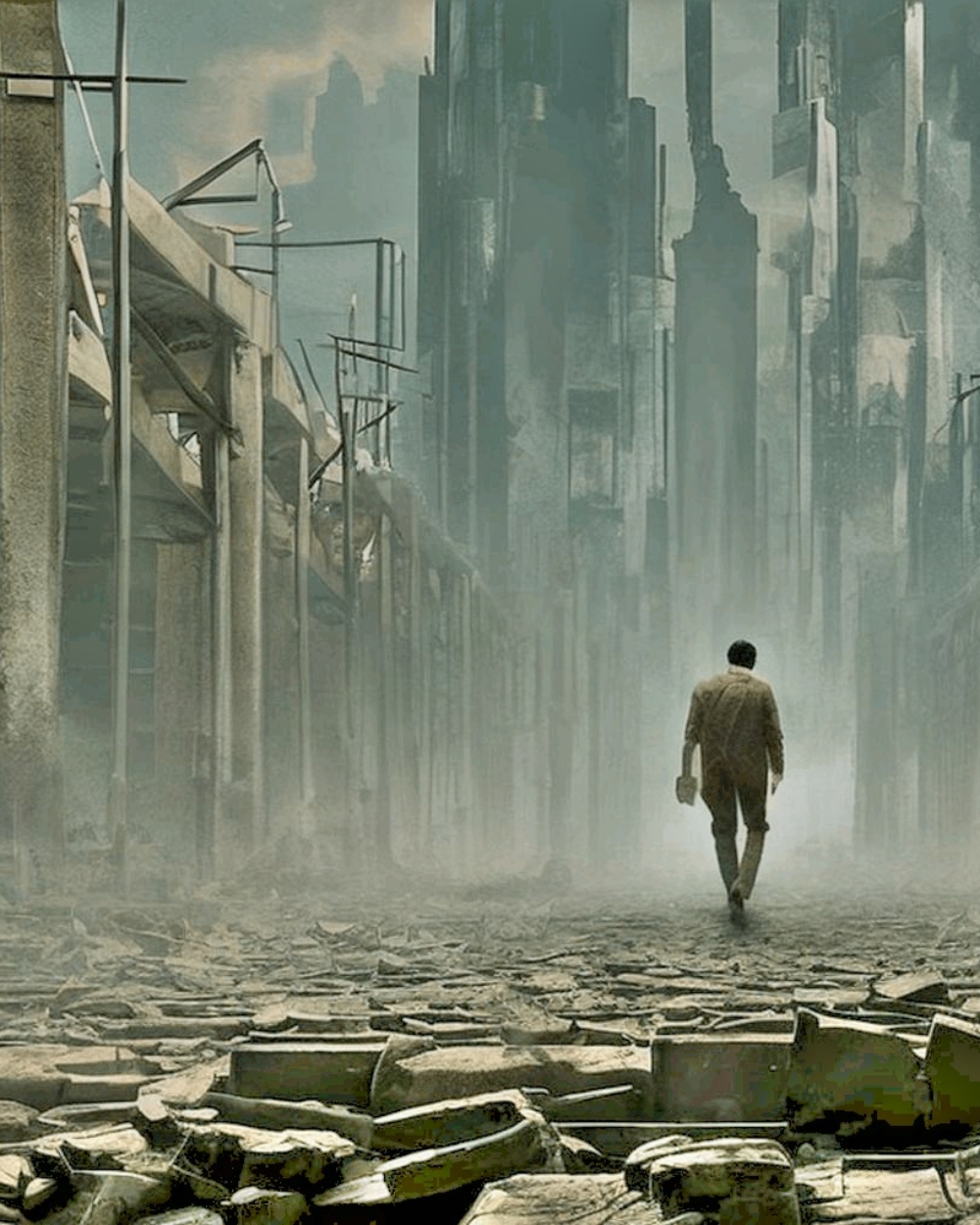International Law | Global Trends | Society
Introduction: A System Under Strain
The global legal order is under increasing scrutiny. What was once envisioned as a framework for peace and cooperation has, in the eyes of many scholars and practitioners, become fragmented, politically compromised, and increasingly ineffective. The European Journal of International Law recently explored the concept of a “dystopian international law”—a bleak vision of legal norms that reinforce global inequality, enable impunity, and fail to address transnational threats.
This perspective raises an urgent question: Can international law be reformed to meet the demands of the 21st century, or is it destined to function as a hollow shell of global governance?
The Dystopian Turn in International Legal Discourse
Contemporary international law is often criticized for its failure to uphold its foundational principles. In particular, four recurring critiques have emerged:
- Selective Enforcement: International legal mechanisms, such as the International Criminal Court (ICC), are often perceived as targeting weaker states while avoiding confrontations with more powerful actors.
- Legal Fragmentation: Overlapping treaties, ad hoc tribunals, and region-specific regimes have led to incoherent applications of law across jurisdictions.
- Instrumentalization by Powerful States: Legal norms are frequently deployed to justify foreign intervention or economic sanctions, undermining the legitimacy of legal institutions.
- Inability to Address Emerging Global Challenges: Existing frameworks have proven inadequate in confronting climate change, technological disruption, digital privacy, pandemics, and mass displacement.
These trends suggest that unless structural reforms are implemented, international law may devolve into a dystopian order—one that maintains the appearance of legality while enabling systemic injustice.
The Urgent Case for Global Legal Frameworks
In response to these systemic shortcomings, there is growing consensus around the need for binding global laws in several critical domains. These include:
Climate Governance
Despite the commitments made under the Paris Agreement, global emissions continue to rise. The lack of enforcement mechanisms has rendered many of its provisions aspirational. A global legal framework with binding obligations, equitable enforcement, and adjudicative authority is increasingly seen as necessary to avert climate catastrophe.
Artificial Intelligence and Technology Regulation
AI-driven decision-making, autonomous weapons, and algorithmic surveillance have outpaced legal regulation. No international treaty currently governs the ethical use of artificial intelligence. A coordinated global legal regime is essential to prevent human rights violations, algorithmic discrimination, and geopolitical instability driven by unchecked technological competition.
Public Health and Pandemic Preparedness
The COVID-19 pandemic revealed deep flaws in international health governance. While the World Health Organization played a central role, it lacked the legal authority to compel compliance or equitable vaccine distribution. A legally binding global health framework could better prepare states for future pandemics and enforce cooperation during emergencies.
Refugees and Displacement
With over 110 million displaced persons globally, international refugee law—rooted in the 1951 Refugee Convention—has become outdated. It does not adequately address climate-induced displacement or statelessness. A modern legal instrument recognizing new categories of displaced persons and ensuring equitable burden-sharing is urgently needed.
Designing Effective Global Legal Institutions
To be effective, future global legal regimes must move beyond the voluntary compliance model that has historically characterized international law. This would entail:
- Universal Jurisdiction: Applying legal accountability to all states and actors, regardless of power or political alignment.
- Independent Enforcement: Empowering supranational courts and regulatory bodies to enforce compliance without requiring state consent in every instance.
- Automatic Dispute Resolution: Creating mechanisms that bypass prolonged diplomatic negotiations and provide timely remedies.
- Global Equity in Governance: Ensuring that legal structures are inclusive of the Global South, indigenous communities, and marginalized groups, not just Western legal traditions.
Such reforms require political courage, but the alternative—continued erosion of legal legitimacy—carries far greater risks.
Conclusion: From Dystopia to Durable Order
International law is at a pivotal juncture. The dystopian trajectory, as identified by scholars, is not a speculative fiction but a growing reality. Legal norms are increasingly manipulated, diluted, or ignored. Institutions charged with upholding justice are struggling to remain relevant. Meanwhile, transnational threats—from climate disasters to digital authoritarianism—accelerate without coordinated legal responses.
However, dystopia is not inevitable. A renewed commitment to principled, enforceable, and equitable global laws could restore the legitimacy of international legal institutions. This requires reimagining international law not as a loose assemblage of treaties, but as an integrated, global legal order with real authority, democratic legitimacy, and the capacity to address problems that no single nation can solve alone.
The question is no longer whether we need global laws—it is whether the international community has the political will to implement them before the consequences of inaction become irreversible. The choice before us is stark: reform international law to serve the global public interest—or watch it dissolve into irrelevance, replaced by power politics and legal cynicism.
The future of global law must be one of accountability, inclusion, and adaptability. Anything less risks confirming the dystopian vision and abandoning the original promise of international law: a world governed not by might, but by right.






